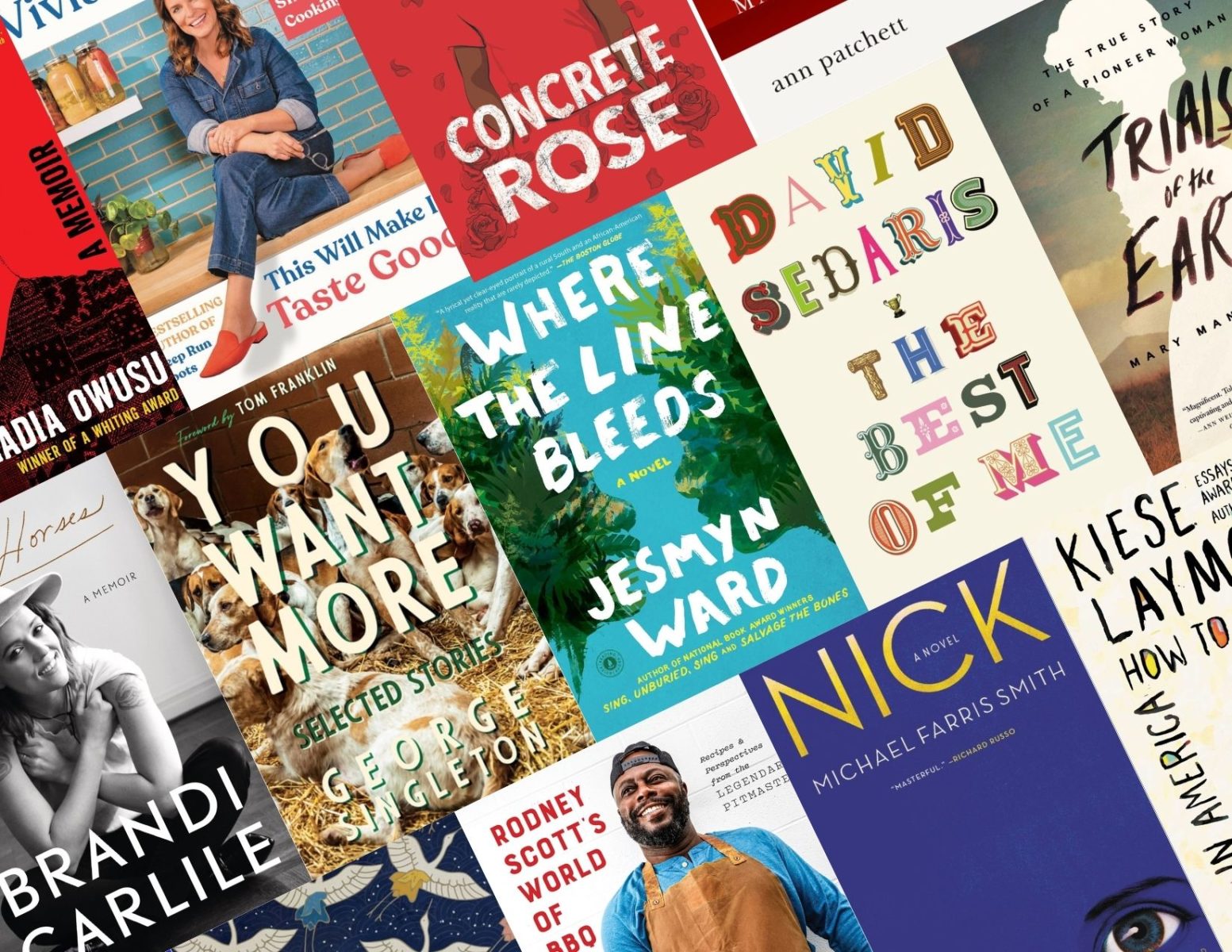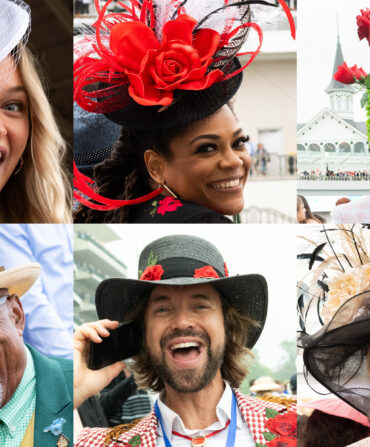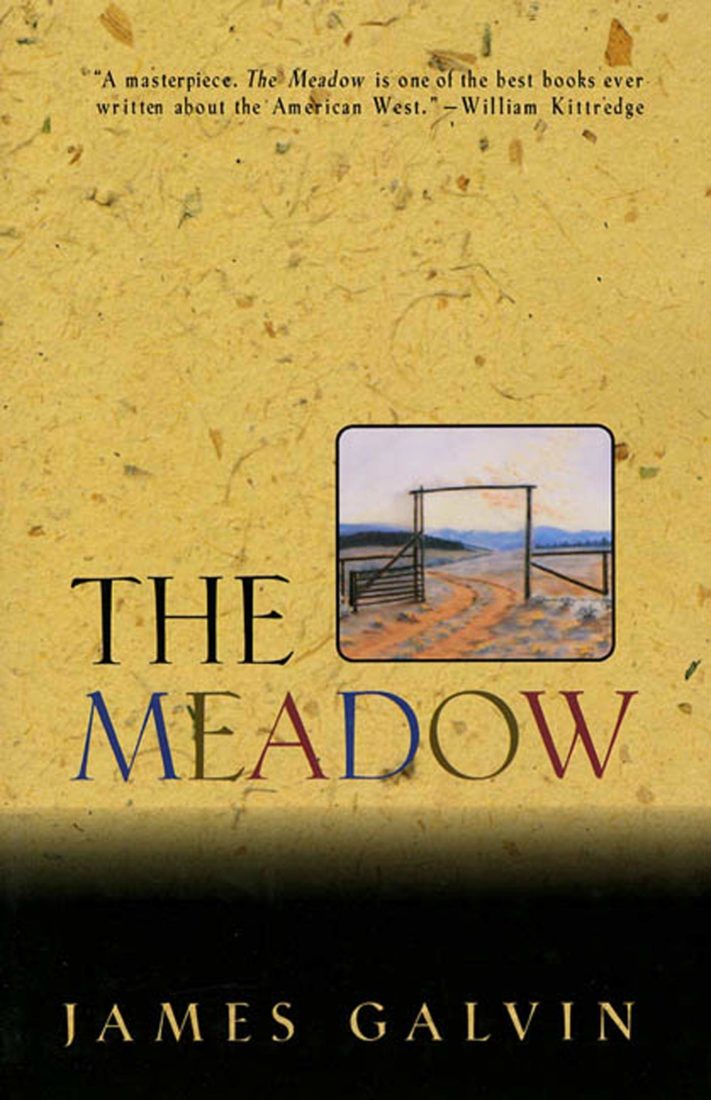
The Meadow, by James Galvin
I cannot read more than a couple of pages of The Meadow (which I bought on the recommendation of the novelist David Joy) without underlining a beautiful sentence or magical phrase. Author James Galvin traces the natural history of a small ranch on the eponymous meadow in the Mountain West with the pen of a poet. It’s been a refreshing read to kick off 2021. —David DiBenedetto, editor in chief
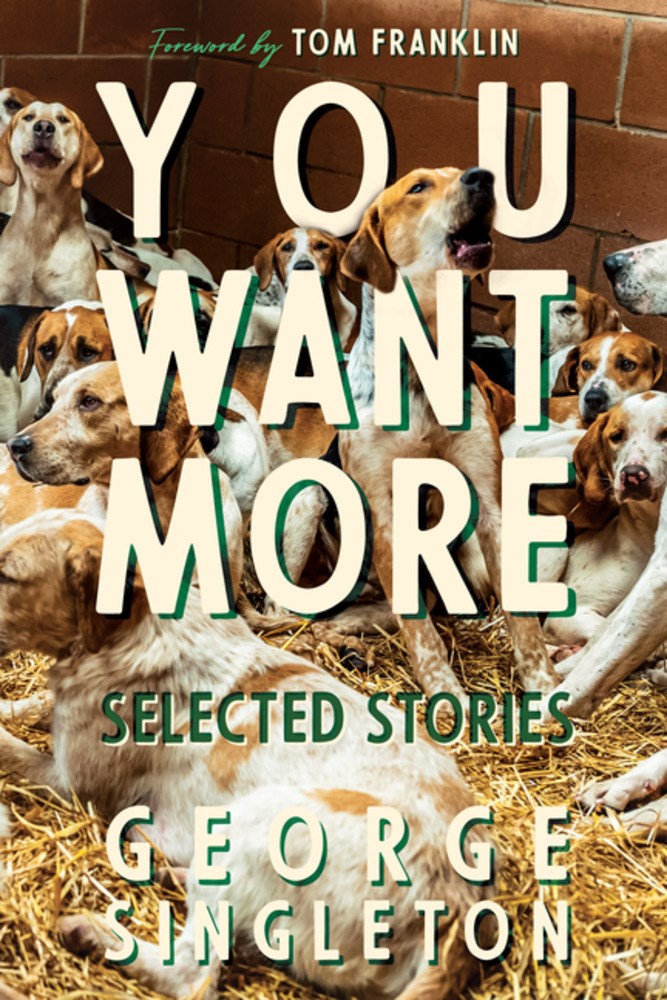
You Want More: Selected Stories, by George Singleton
This came out in September, but it will likely be my first read of 2021. The South Carolina author George Singleton has a voice—and a sense of humor—like no other, and this anthology collects some of his best short stories. As our book reviewer Jonathan Miles put it, “Singleton is an heir to Padgett Powell and Lewis Nordan, but his strain of madness…is due its own page in the diagnostic manual.” He’s one of the few writers who can make me laugh out loud, and did I mention he’s also a huge dog lover? —Dave Mezz, deputy editor

A Shot in the Moonlight: How a Freed Slave and a Confederate Soldier Fought for Justice in the Jim Crow South, by Ben Montgomery
Montgomery, a former Pulitzer Prize finalist for his work at the Tampa Bay Times, is a dogged reporter and a thoughtful storyteller. I’m looking forward to digging into his forthcoming book, A Shot in the Moonlight, that illuminates the story of George Dinning, a Kentucky farmer who became the first Black man in the United States to win damages after being wrongfully convicted of murder. —Amanda Heckert, deputy editor
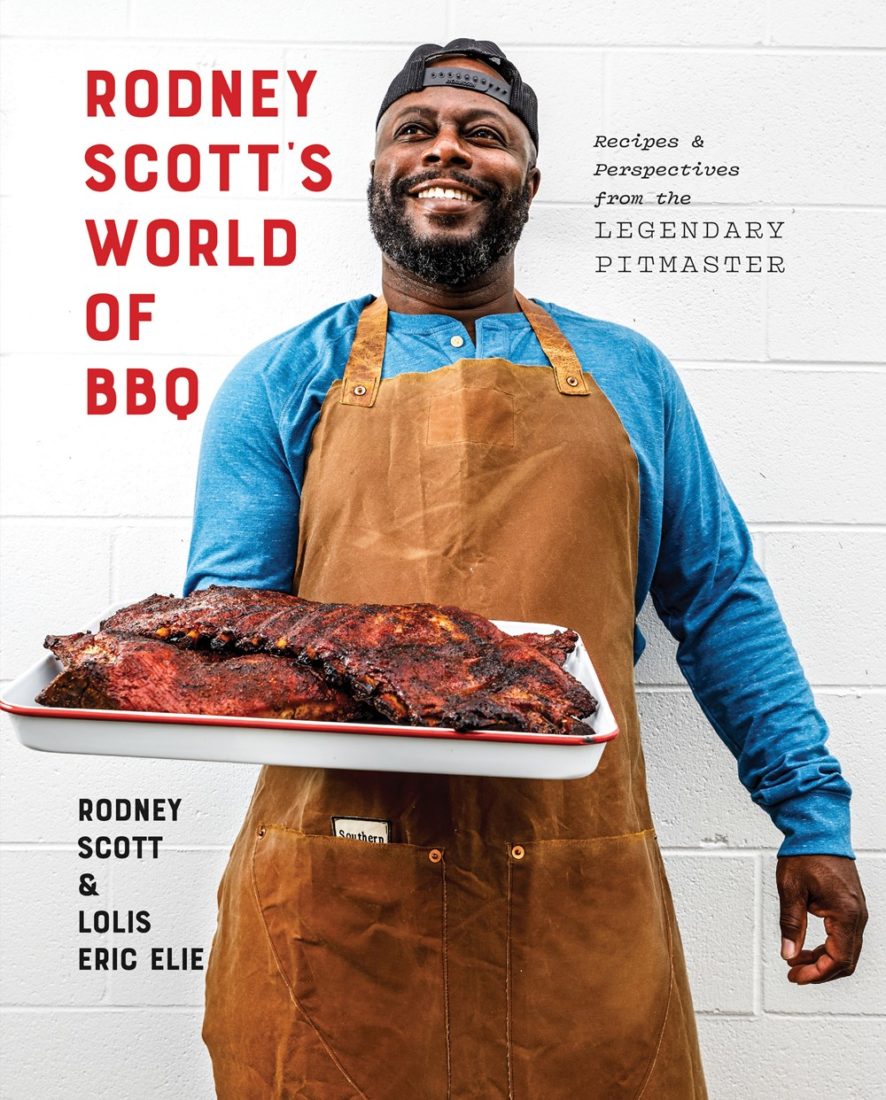
Rodney Scott’s World of BBQ: Every Day Is a Good Day, by Rodney Scott and Lolis Eric Elie
Rodney’s place is the one spot I have to swing by if I’m in Charleston—my family, who always expect a to-go order, would never let me live it down if I skipped it. At this point a lot of folks believe they know Scott’s story, but having spent time with him, I get that there’s something deeper there. His optimism is boundless and his food is delicious. I want to hear what Rodney has to say, in his own words. A few great barbecue recipes don’t hurt either. —Latria Graham, contributing editor
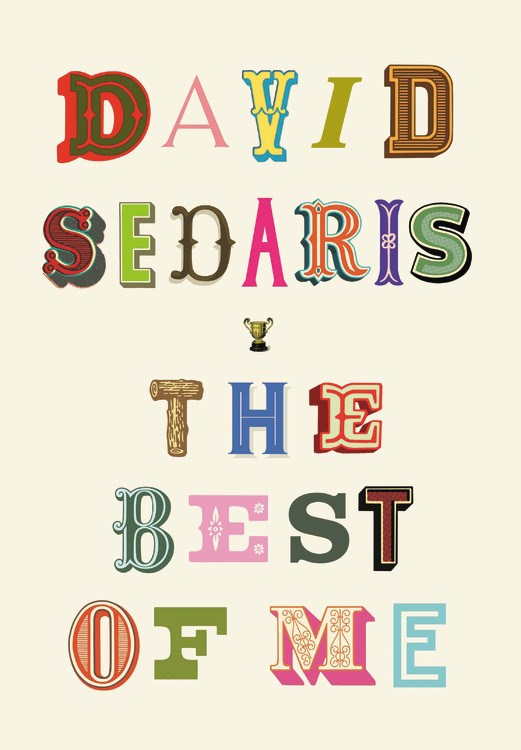
The Best of Me, by David Sedaris
I thought about one of the humorists David Sedaris’s essays—about feeding his own tumor to a turtle—when I saved, in the freezer before showing the vet, a chunk of something my bulldog coughed up this winter. Whether he’s writing about his family’s beach house in North Carolina or describing his long walks in England, picking up trash, Sedaris has a way to connect all us humans through what makes us both weird and sentimental. The only thing I like better than sitting and reading anything he writes—like this collection of his stories—is listening to his distinctive voice narrate his work. —CJ Lotz, senior editor
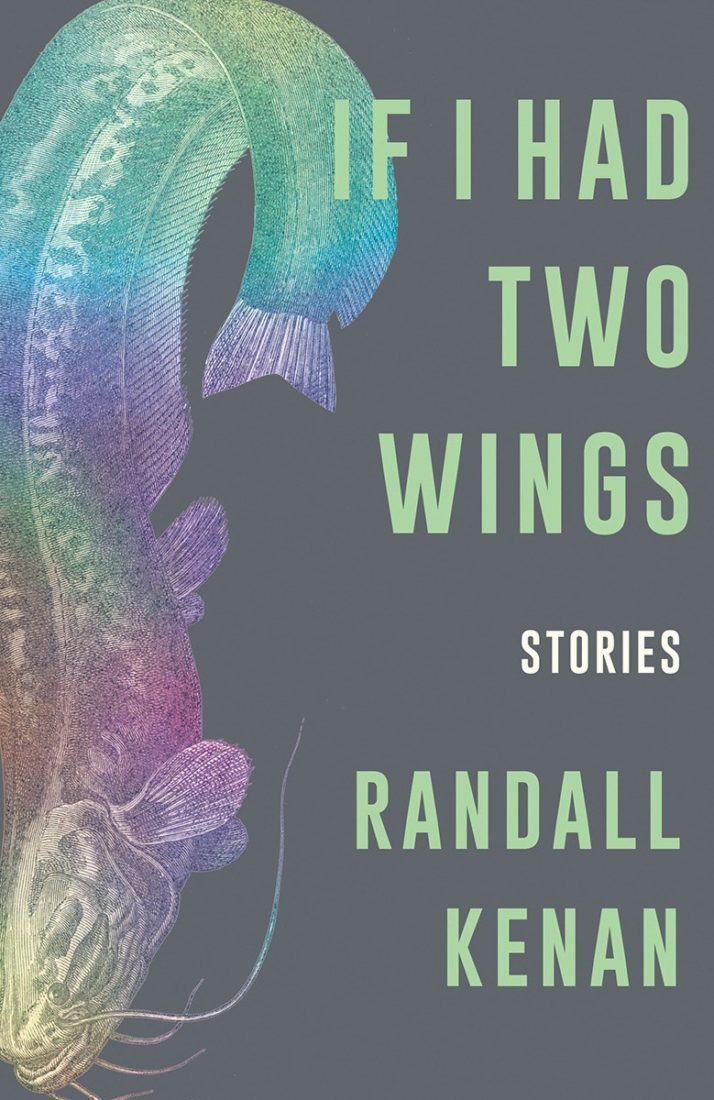
If I Had Two Wings, by Randall Kenan
Randall Kenan died on August 28, three weeks before his newest book, If I Had Two Wings, was nominated for the National Book Award for Fiction. The death was not expected, if that even matters. Randall was a great writer. He was also Black, Southern, and gay, and embraced all those roles and utterly transcended them at the same time. If we need anyone to not be dead right now, in the American South in 2021, it’s Randall Kenan. When I opened his new book and saw that the first story was titled “When We All Get to Heaven,” though, I just had to put it down. I don’t know. He was a friend of my family’s. I’m just not there yet. At some point in 2021, though, I look forward to getting there. —Nic Brown, G&G contributor
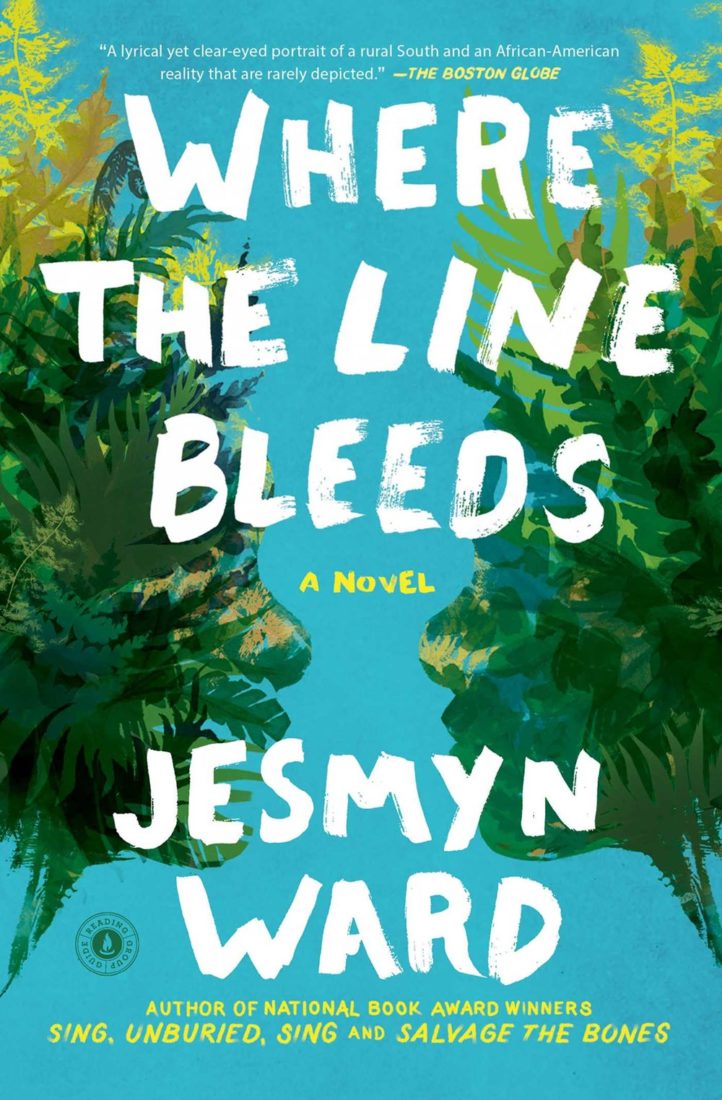
Where the Line Bleeds, by Jesmyn Ward
Jesmyn Ward is undeniably one of the South’s most prominent and powerful voices, and although I have been making my way through her body of work (which includes two National Book Award–winning novels, a breathtaking and heart-wrenching memoir, and essays and interviews), I have yet to read her first novel, which placed her squarely in the Southern literary canon when it was published in 2008.
—Caroline Sanders, assistant editor

Sleepovers, by Ashleigh Bryant Phillips
I’ve been desperate to start a virtual book club with my friends during the pandemic, but I’ve had such a hard time making decisions and focusing, it never took off. That being said, I started reading Sleepovers by Ashley Bryant Phillips. It’s a book of short stories so it suits my current lack of focus. So far they’re mystical, haunting, and familiar. She’s a wonderful writer. —Vivian Howard, chef, television personality, and G&G contributor

Deliverance, by James Dickey
I just read Deliverance. For the first time, in one greedy gulp. Compared to the film, the novel is something altogether different, something transcendent. It moves fast, like the rapids that carry the men through the gorge. It’s poetic and brutal, sure, but, most important, Deliverance is buoyant with James Dickey’s voice and heart and empathy.
—John T. Edge, contributing editor and director of the Southern Foodways Alliance

Ann Patchett’s Works
I’ve already read Commonwealth, The Dutch House, and This Is the Story of a Happy Marriage by Ann Patchett. Parnassus, her bookstore, which is only a few minutes from my house, is one of my top three favorite places in Nashville. But when my aunt recently forwarded me her brilliant essay “These Precious Days”—which somehow encapsulates Tom Hanks, books, pancreatic cancer, Southern hospitality, friendship, tornadoes, medical-grade mushrooms, and a global pandemic—I was reminded just how much I love her writing and immediately made plans to revisit her entire catalog. If you haven’t read the essay yet, do yourself a favor and set aside time to read it. —Elizabeth Hutchison Hicklin, contributing editor
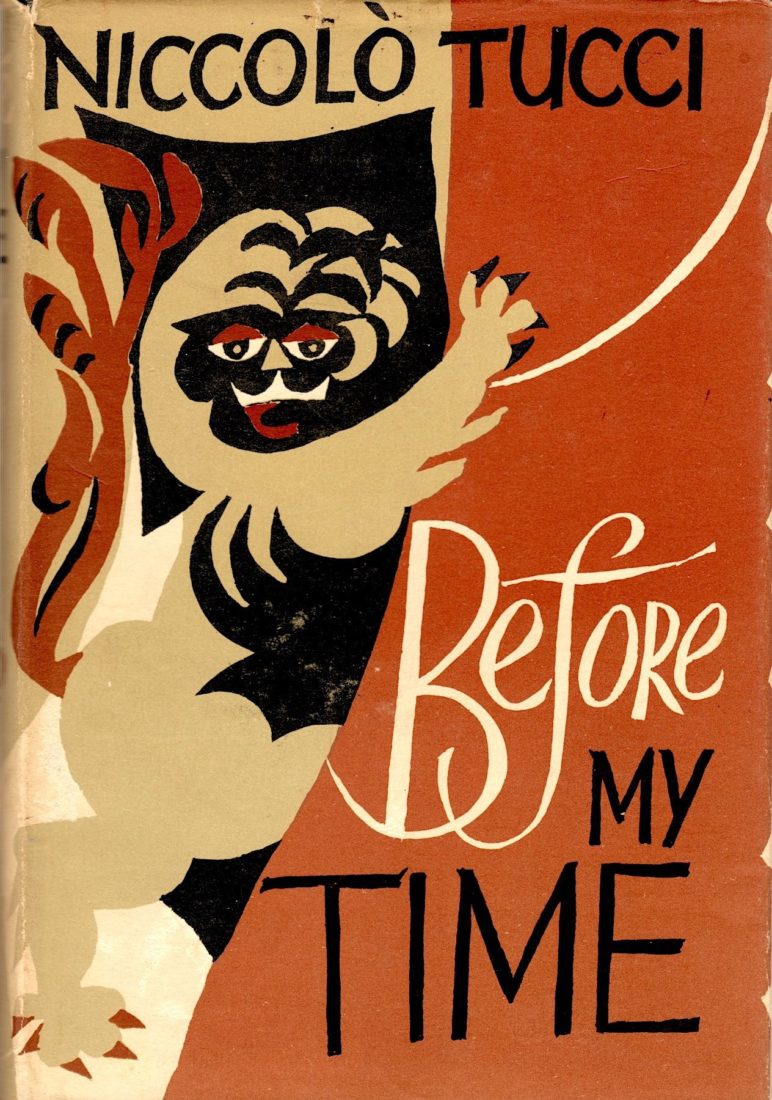
Before My Time, by Niccolò Tucci
638 pages! That should get me through a few wintery days. I’m just starting Before My Time by Niccolò Tucci. He’s Italian but this tome has the heft of the Russian classics. I’ve read his imagistic and intimate short stories, The Rain Came Last and Other Stories, and can’t wait to immerse myself in this family saga and feast of words. —Frances Mayes, author and G&G contributor
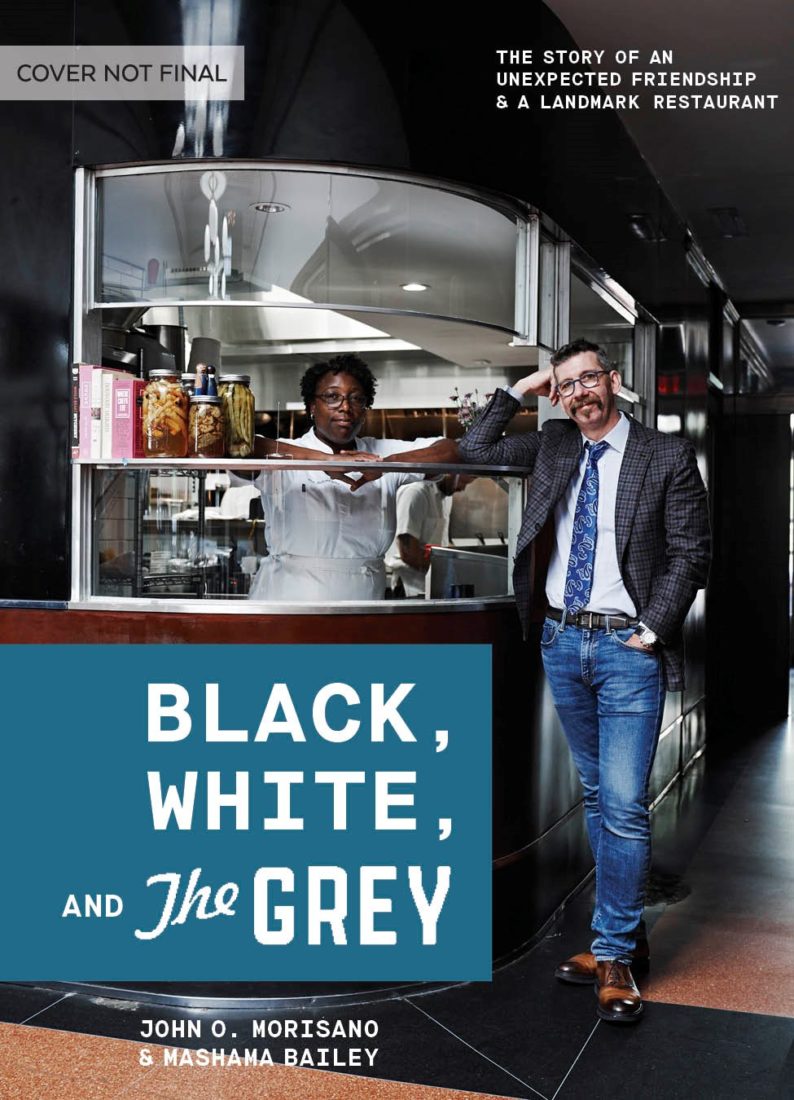
Black, White, and The Grey: The Story of an Unexpected Friendship and a Beloved Restaurant, by Mashama Bailey and John O. Morisano
My memories, and thus regard for The Grey are personal—it was the first grown-up restaurant of any cachet I could afford to dine at on my own dime. The dining establishment’s homage to history, from the location in a former segregated bus station to the thrill, a local fruit-based treat, enchanted me. I made friends dining at that bar, and two years later we still keep up with one another on social media. The Grey, for me, is a meeting place for folks from all walks of life. I want to know how it came to be that way, so I’m looking forward to this book about the restaurant’s origins. —Latria Graham, contributing editor

The Lords of Discipline, by Pat Conroy
My mom gave me this for Christmas. She began reading Conroy’s books after I moved to South Carolina, and said this particular one was interesting to read as it incorporates much of Charleston. Excited to hear the ins and out of the Citadel from back in the day. —Ally Sloway, social media editor

Libertie, The Rise, and Keise Laymon’s essays
I am itching to get to so many new books—from Kaitlyn Greenidge’s Libertie to The Rise by Marcus Samuelsson, Osayi Endolyn, and Yewande Komolafe, a book on Black American cooking that my husband gave me for Christmas—but it’s an old book that I’m most excited about during this wild beginning to 2021. The revised reissue of Kiese Laymon’s How to Slowly Kill Yourself and Others in America is not just a great excuse to reread the early essays of one of America’s most radically compassionate and creative thinkers—now, I get to talk about it again and with so many more readers. —C. Morgan Babst, novelist and G&G contributor
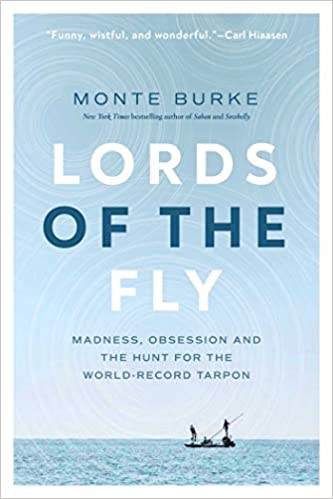
Lords of the Fly, by Monte Burke
Because I’ve caught just enough tarpon over the last two years to make me seriously consider emptying my retirement fund and blowing it all on tarpon guides. —T. Edward Nickens, contributing editor
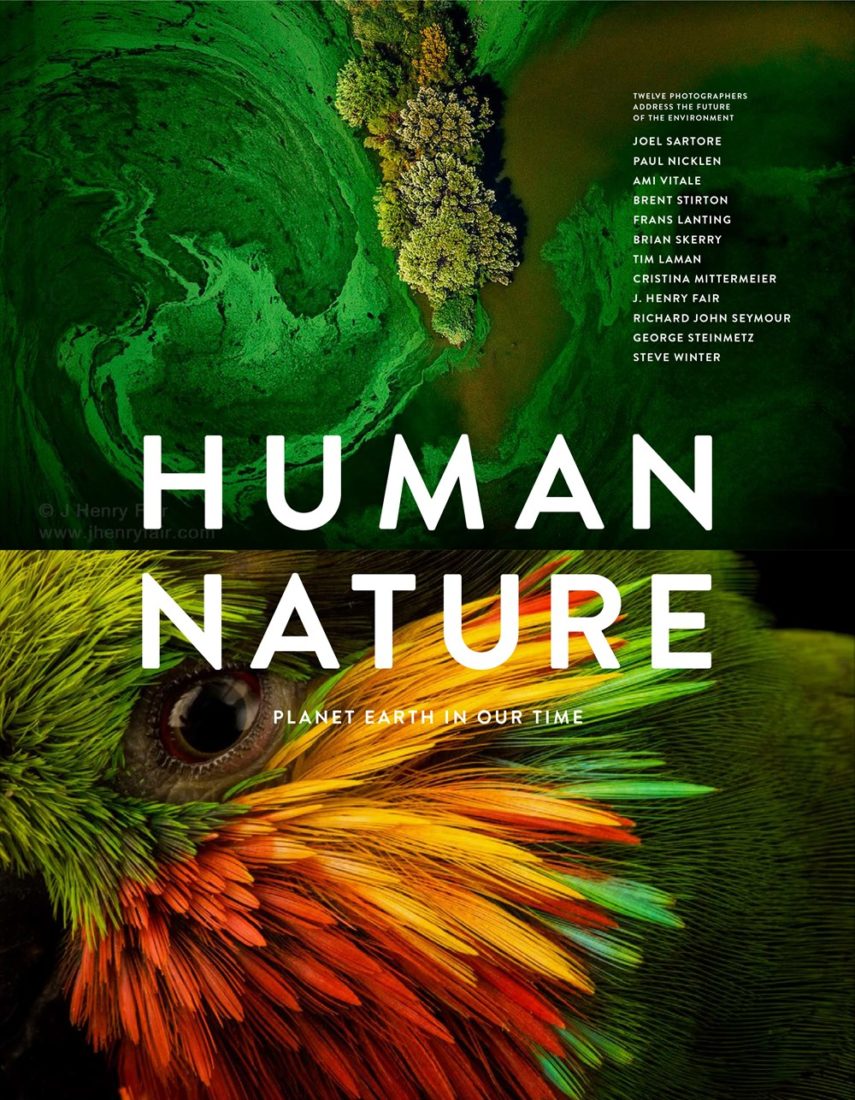
Human Nature, edited by Geoff Blackwell and Ruth Hobday
This photo book highlights the work of twelve prominent nature and conservation photographers, including Charleston native J Henry Fair, Floridian Ami Vitale, and Joel Sartore of Oklahoma. Their iconic, globe-spanning photos—of the last male northern white rhino, the Samburu people of Kenya, Yellowstone National Park, and much more—are paired with personal reflections that celebrate the natural world and inspire us to protect it. —Lindsey Liles, editorial assistant

Nick, by Michael Farris Smith
This prequel to The Great Gatsby was published January 5, and I discovered just last night that Smith, a Mississippian, conceived of and wrote this novel more than five years ago, with no idea that the copyright to Gatsby and all things Gatsby (including the character Nick Carraway), would lapse this January 1. Michael Farris Smith and his agent kept the project quiet for years; then it was published four days after the copyright was lifted; and I began reading the book last night (setting aside a 600-page biography of Malcolm X and a forthcoming, galley-copy, 800-page biography of Philip Roth, by Blake Bailey) and was totally absorbed in the young life of Nick that begins amidst World War I, and in Paris, then New Orleans, a hundred years ago. Incidentally, there are two new editions of The Great Gatsby with introductions by, as it happens, two Mississippians: Jesmyn Ward and John Grisham. —Richard Howorth of Square Books in Oxford, Mississippi
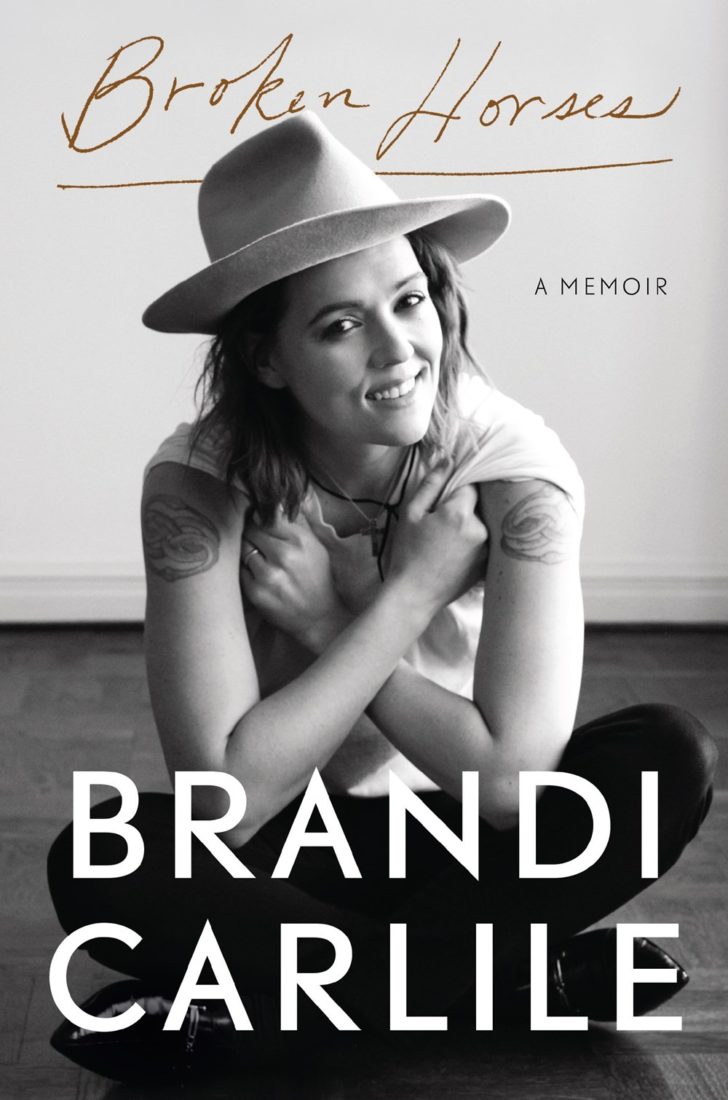
Broken Horses, by Brandi Carlile
Every new song, every little tidbit I learn about Brandi Carlile makes me more intrigued and filled with respect for this thoughtful, gifted singer-songwriter and soaring voice. I can’t wait to really dig in and learn more about the life that has led to some of my favorite songs, including “The Story,” “The Joke,” and “The Mother.” —Julia Knetzer, art director
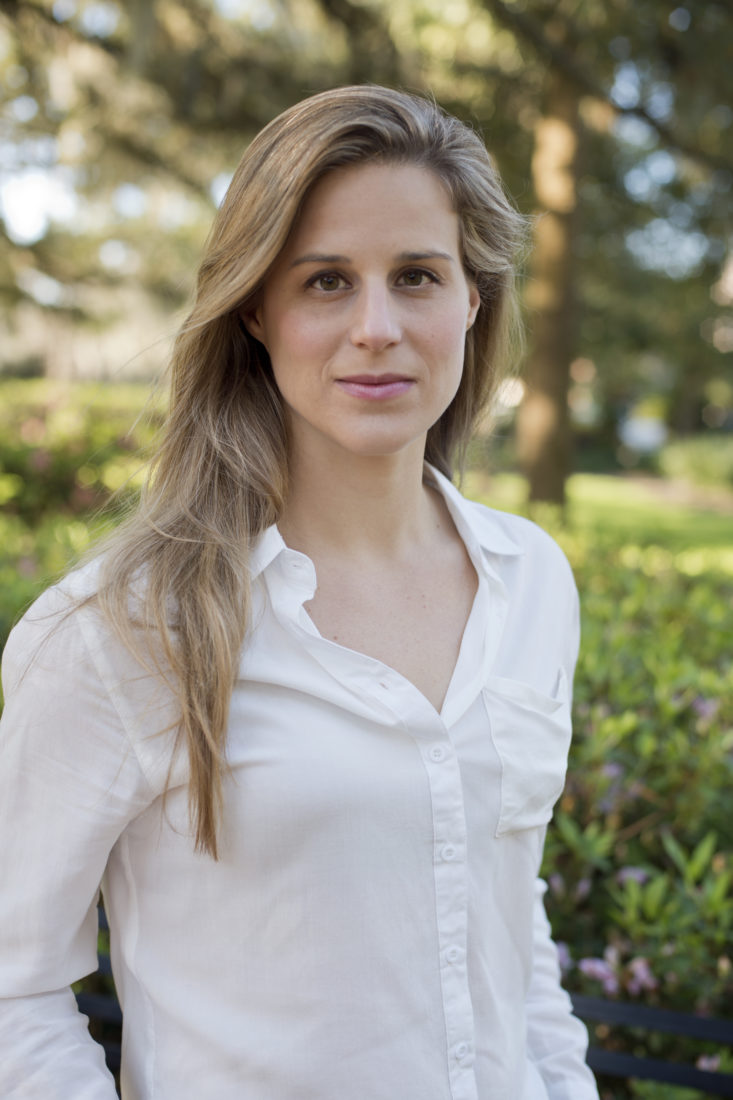
Matrix, by Lauren Groff (out in September 2021)
I’ve loved everything she’s written. In fact, I’ve read all of her books and collections twice. —Monte Burke, contributing editor
Pictured: Lauren Groff
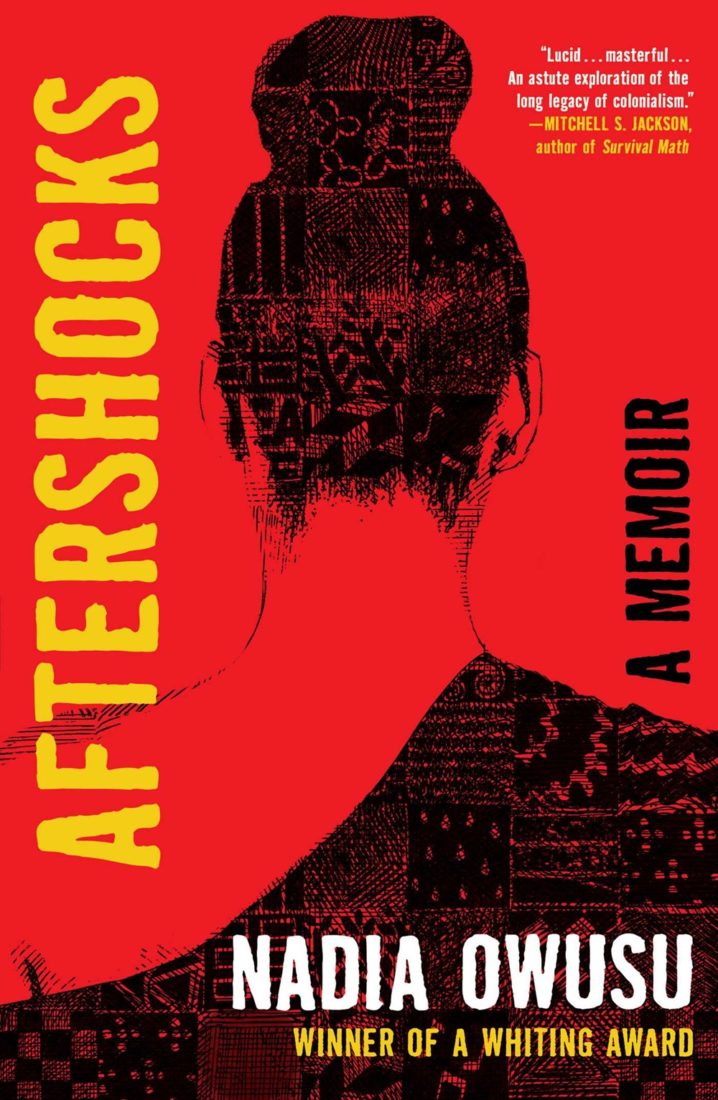
Aftershocks, by Nadia Owusu
Author Nadia Owusu considers the many cultural, ethnic, and national identities of her family while trying to forge her own. —Wiley Cash, novelist and G&G contributor

The Parted Earth, by Anjali Enjeti
If there’s anything reading has reminded me of lately, it’s how magnificent the transport of a good book can be. The Parted Earth, by Anjali Enjeti, takes a sweeping picture of the ways in which the division of India and Pakistan reverberates through three generations of intertwined people. It’s a love story, a lesson in the history of another world, and a vivid picture of the Indian diaspora, from New Delhi to London to Atlanta and back again. —Ashley Warlick, author and buyer at M.Judson Booksellers in Greenville, South Carolina

Concrete Rose, by Angie Thomas
The novel that I look forward to reading the most in the new year is from young adult author Angie Thomas. I anticipate that Concrete Rose, like Thomas’ prior books The Hate U Give and On the Come Up, will once again provide a voice to marginalized teens who are often left out of the conversation on race, equality, sexuality, and politics.
—Janette Dunn, director of the Sankofa Free Library in Charleston, South Carolina

This Will Make It Taste Good: A New Path to Simple Cooking, by Vivian Howard
Cooking projects fuel my time in quarantine, and Howard’s book, broken into ten flavor-makers and creative ways to use them, will fill my kitchen, my time, and my imagination for months. Who thought she could make me actually want to make sauerkraut? —Kathleen Purvis, G&G contributor
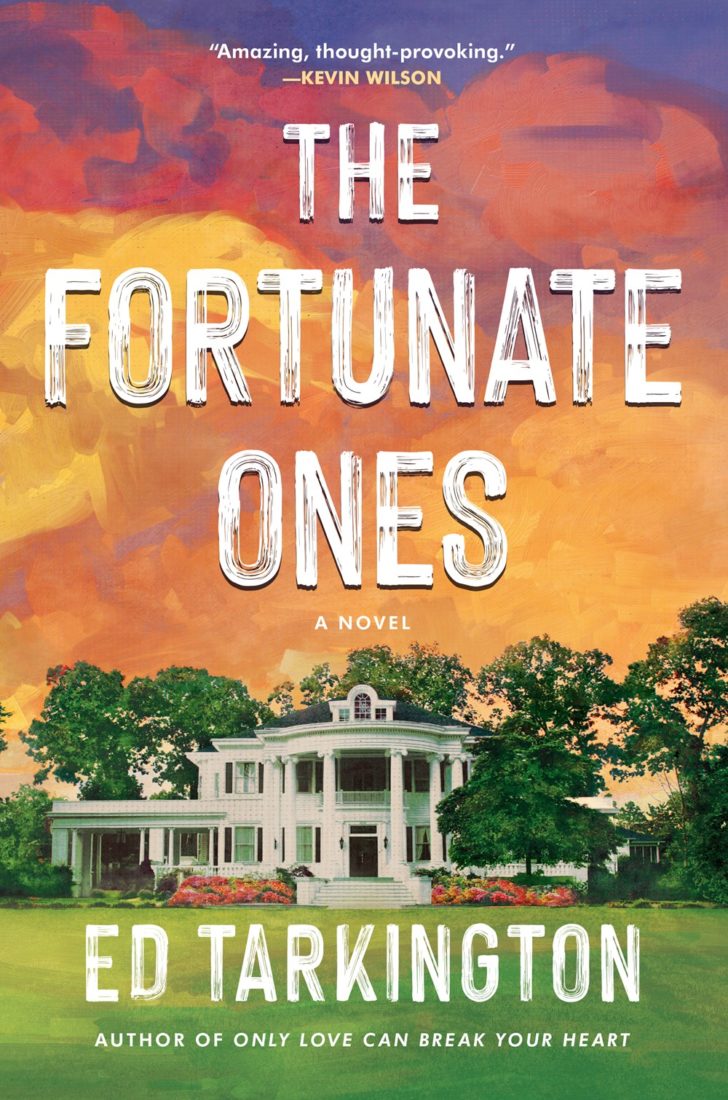
The Fortunate Ones, by Ed Tarkington
A boy from working class Nashville is pulled into the high society world of politics and wealth. The novel asks, “Why do the poor love the rich?” I’d like to know the answer to that as well. —Wiley Cash, novelist and G&G contributor
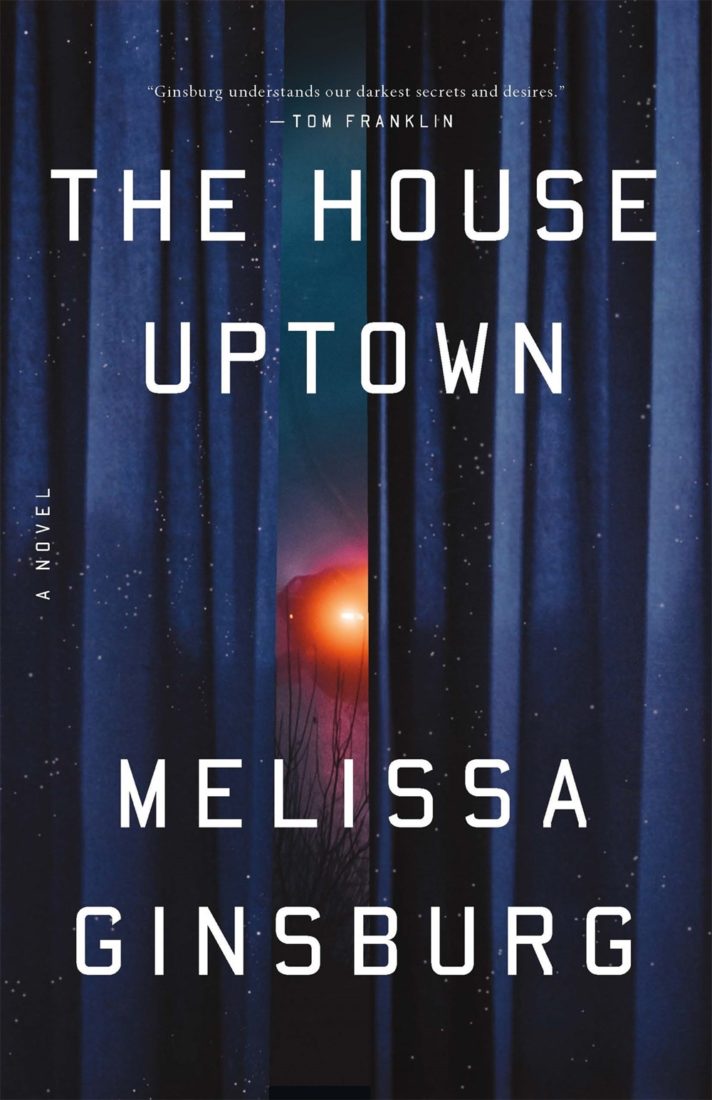
The House Uptown, by Melissa Ginsburg
I’m eager to get my hands on Texas native Melissa Ginsburg’s forthcoming novel, The House Uptown, set in New Orleans. Her writing is superb on the sentence level (she got her training as a poet) but also really gripping, with complex characters and a story you care about. —Beth Ann Fennelly, poet and G&G contributor

Trials of the Earth: The True Story of a Pioneer Woman, by Mary Mann Hamilton
This astonishing first-person account of a Mississippi pioneer woman struggling to survive—protecting her family and making a home in the early American South—unfolds like some film director’s dream. Our heroine finds herself on the edge of western expansion in a logging encampment nestled amidst a primordial forest bordered by the untamed Mississippi River. Throw in roughnecks, crooked opportunists, and every imaginable creature known to bite, spit, or sting and the book almost writes itself. It’s her determination, grit, and fortitude in the face of a relentless natural world fraught with man’s sometimes barbaric deeds that keep me coming back for more. —Marshall McKinney, creative director
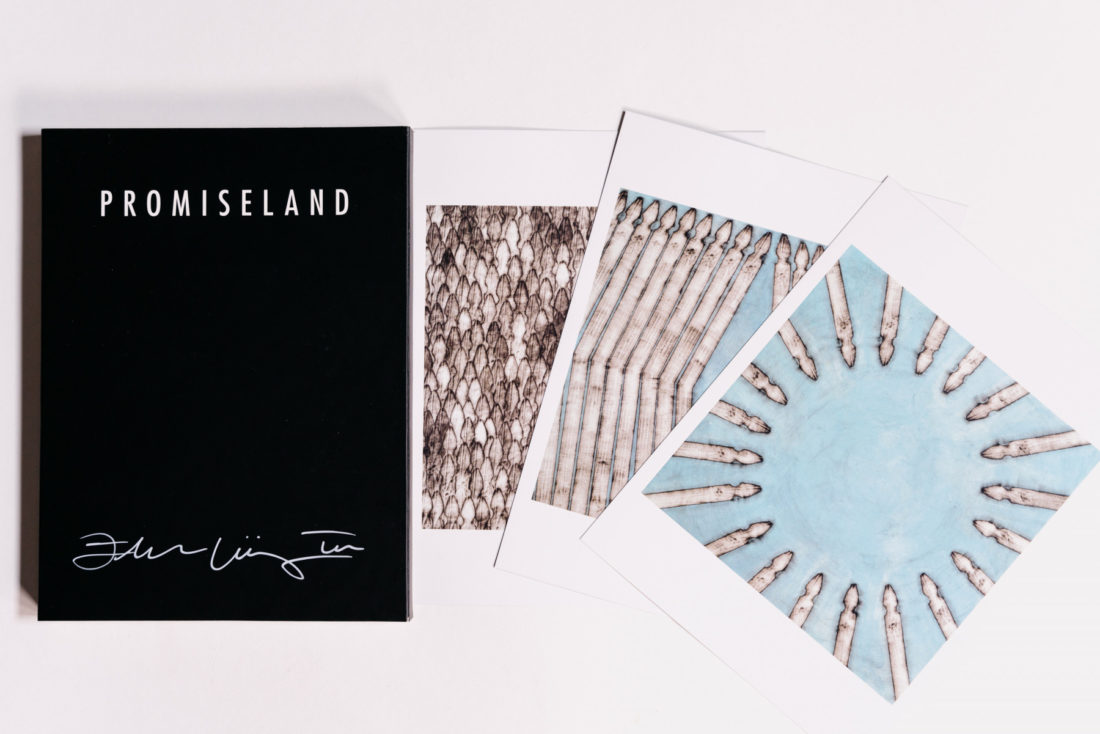
Promiseland, by Fletcher Williams III
Williams’s Promiseland exhibit this past summer was a comet streaking across Charleston’s cultural sky. Will we ever see the likes of it again? Hopefully. In the meantime, I’ll be contemplating this deeply meaningful exhibit one image at a time thanks to this box set from Historic Charleston Foundation. —Lauren Northup, G&G contributor and director of engagement at Classical American Homes Preservation Trust
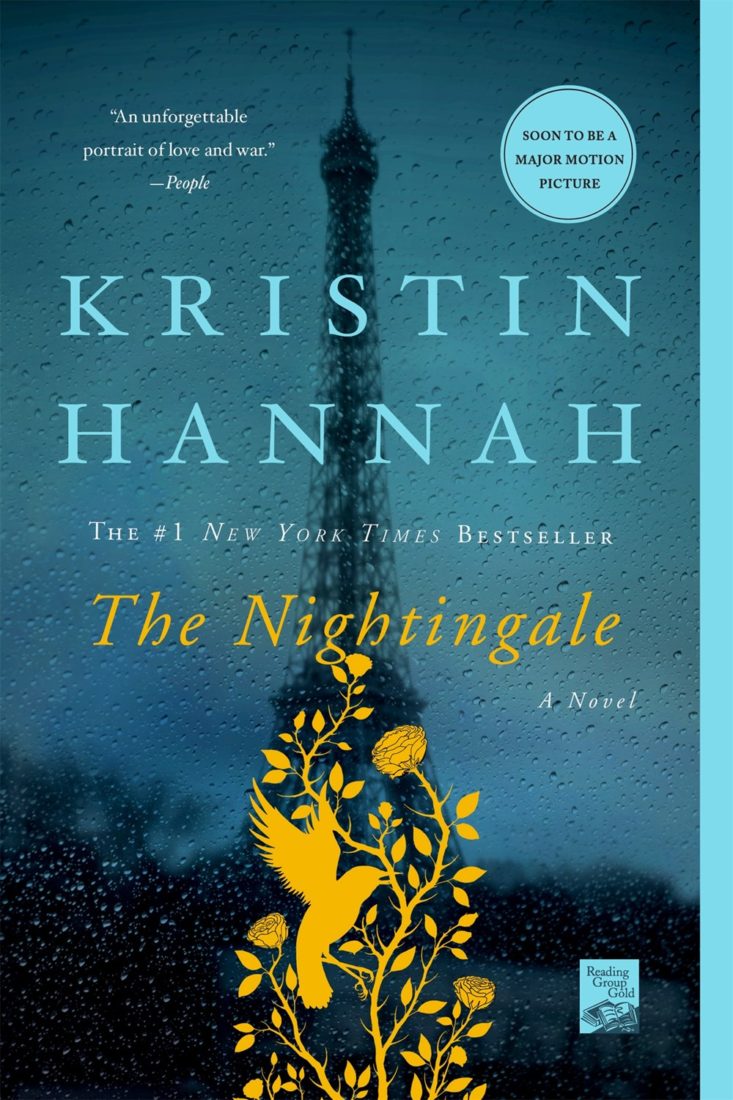
The Nightingale, by Kristin Hannah
It’s about a woman spy during World War II, and I am all for strong female leads. I’ve been very into WWII books during the pandemic—they’ve seemed to give me strength and some much-needed perspective. —Ally Sloway, social media editor
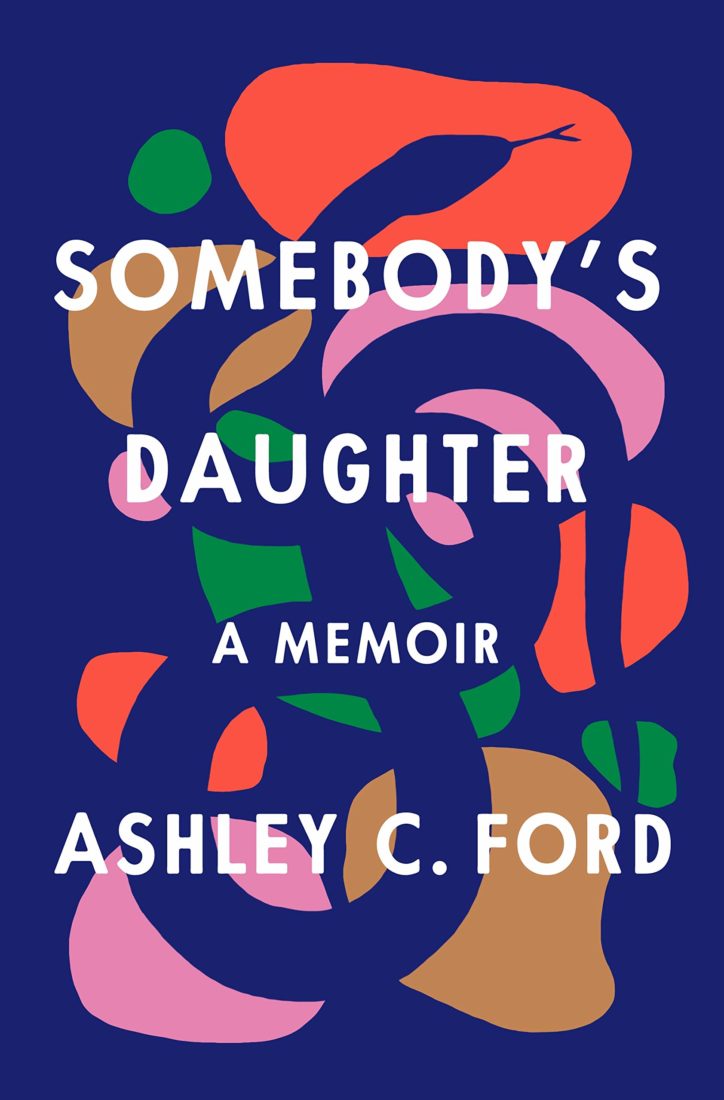
Somebody’s Daughter, by Ashley C. Ford
Ashley C. Ford writes with lyrical vulnerability, and I’ve already preordered Somebody’s Daughter, her coming-of-age memoir out in June. Her most powerful personal essays have delved into her girlhood, race, incarceration, poverty, and family ties—themes she expands on in this recollection of her childhood and her father’s imprisonment.
—Amanda Heckert, deputy editor
![Biophilia, The Diversity of Life, Naturalist, by E. O. Wilson
I have the Birmingham, Alabama–born naturalist E. O. Wilson’s Library of America edition on the list. He’s someone I always vowed to read more of, and I never got around to it. After the recent death of [author and environmentalist] Barry Lopez, I promised to do a better job of digging in. —Latria Graham, contributing editor](https://gardenandgun.com/wp-content/uploads/2021/01/eo-wilson-679x1100.jpg)
Biophilia, The Diversity of Life, Naturalist, by E. O. Wilson
I have the Birmingham, Alabama–born naturalist E. O. Wilson’s Library of America edition on the list. He’s someone I always vowed to read more of, and I never got around to it. After the recent death of [author and environmentalist] Barry Lopez, I promised to do a better job of digging in. —Latria Graham, contributing editor


